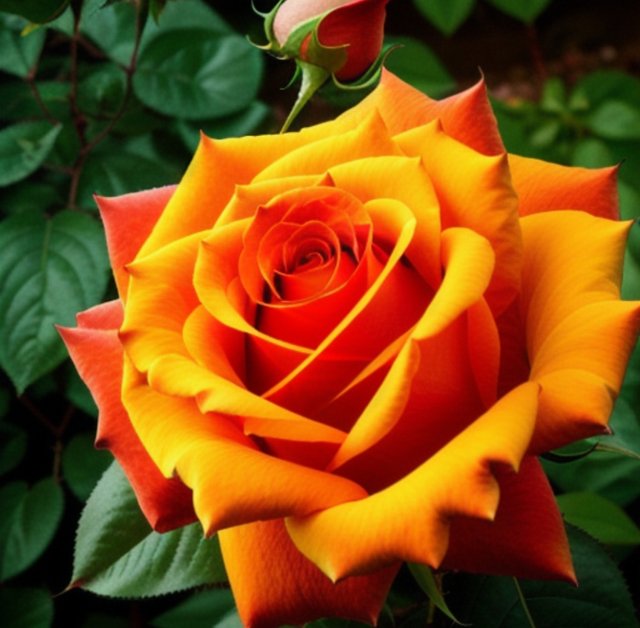
Roses, with their exquisite beauty and rich symbolism, have captivated hearts for centuries. These iconic flowers are not merely a feast for the eyes but carry a depth of meaning that transcends their aesthetic appeal.
The Origin of Roses:
Believed to have originated around 32 million years ago, roses have a long and storied history. The ancient Greeks and Romans associated them with their respective goddesses of love, Aphrodite and Venus, establishing the flower's connection with romance.
Varieties and Colors:
Roses come in a myriad of varieties, each with its unique charm. From the classic red roses symbolizing passionate love to the delicate pink denoting admiration, and the serene white representing purity, every hue tells a different story.
Symbolism and Cultural Significance:
Roses have become a universal symbol of love and romance. However, their significance extends beyond matters of the heart. The red rose, for instance, has been a political symbol in various cultures, representing movements for change and revolution.
Rose-Infused Art and Literature:
Countless poets and artists have drawn inspiration from roses. William Shakespeare, in his famous work "Romeo and Juliet," immortalized the rose with the phrase, "A rose by any other name would smell as sweet." Artists through the ages have captured the allure of roses on canvas, creating timeless masterpieces.
Rose Cultivation and Gardens:
The cultivation of roses has evolved into a dedicated art form. Rose gardens around the world, like the famous Gardens of Alhambra in Spain or the Portland Rose Garden in the United States, showcase the diverse beauty of these flowers.
Modern Uses:
Beyond their symbolic and ornamental value, roses have practical applications. Rose oil, extracted from the petals, is a prized ingredient in perfumery and aromatherapy. Additionally, rose water is utilized in cosmetics and culinary delights, adding a subtle floral essence.
In conclusion, roses stand as not just botanical marvels but cultural icons that transcend time and borders. Their timeless beauty and versatile symbolism continue to make them a cherished part of our lives, weaving through art, literature, and the gardens we tend with love.